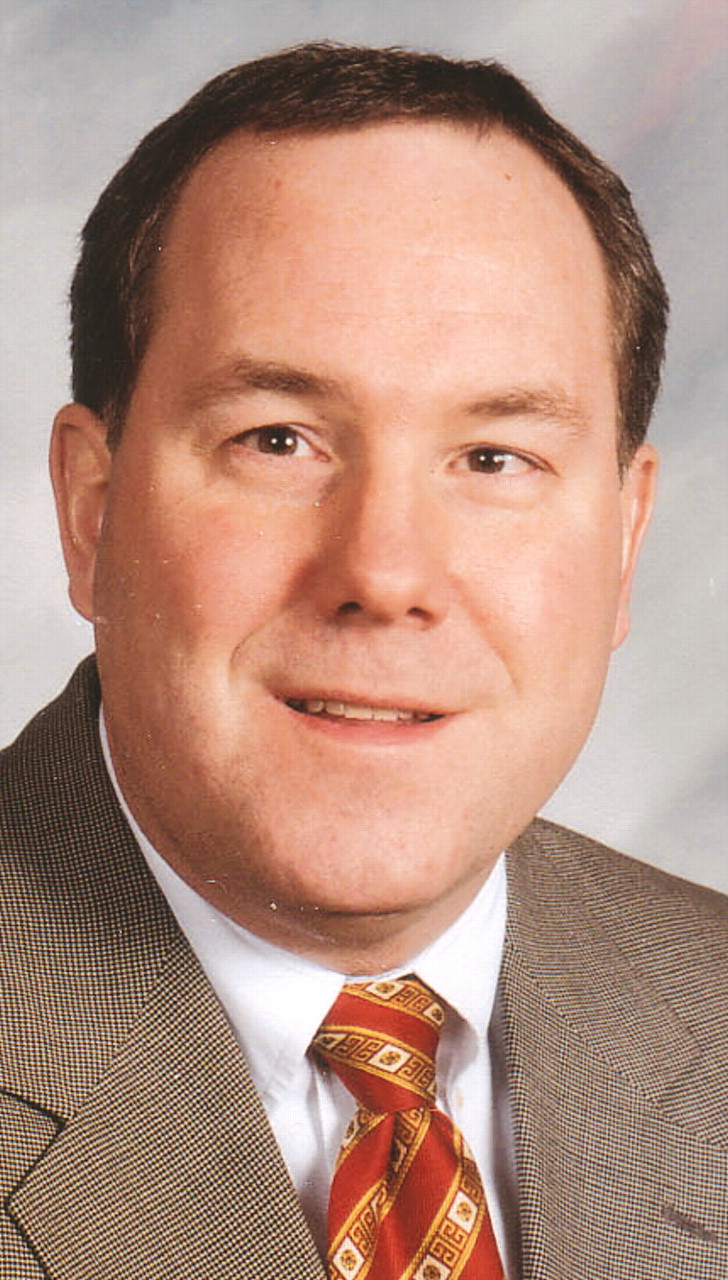The electronic health record is coming to American medicine. That's what National Coordinator for Health Information Technology David Brailer, M.D., Ph.D., told physicians at the interim meeting of the American Medical Association House of Delegates last month in Atlanta.
Brailer urged delegates to make adoption of the electronic health information record the number-one member services and policy priority for the AMA.
“The electronic health record is the undisputed next step,” Brailer said. “When used properly in patient care, it can be therapeutic. This observation is well founded in the scientific evidence that shows that drug-drug interaction checking, allergy checking, public health surveillance, preventive care reminders, and evidence-based decision support can systematically and reproducibly improve health status, longevity, and overall care.”
Brailer cited a 2003 study from the Center for Information Technology Leadership (CITL) showing that nationwide adoption of ambulatory computerized physician order entry alone could prevent more than 2 million adverse drug events and nearly 190,000 unnecessary hospitalizations each year.
(CITL was chartered in 2002 by Boston-based, nonprofit Partners HealthCare System as a research organization to help guide the health care community in making more-informed technology investment decisions.)
“This would save $44 billion in reduced medication, utilization, and other costs,” Brailer said. “These data demonstrate to me that the electronic health record is part of the therapeutic regimen and is indispensable to care delivery.”
Brailer, who was named the most powerful person in health care today in a survey of health care leaders by the magazine Modern Healthcare, offered a vision of American medicine's future that will be shaped less by government policies and politics than by technological innovations that have transformed other aspects of the American economy.
“The answer for health care is the same as it is for every other industry,” Brailer said. “Information, automation, and standardization can support the central role of the consumer and the professional.”
As he noted in his address to AMA delegates, his office has oversight of more than $5 billion in health information spending by the federal government.
“Our charge from the president is to restructure and align that spending to get the most value for the American people every year,” Brailer said. “We intend to change the marketplace so that [electronic health information products] are cheaper, less risky, interoperable, easier to use, and beneficial.”
He was appointed to the new federal position by President George W. Bush last year and charged with achieving widespread deployment of electronic health information technology within 10 years.
Brailer acknowledged the distance medicine still has to travel to achieve the promise of electronic technology. While the adoption of electronic health records by large health systems and large physician groups has been encouraging, and is becoming more commonplace, adoption by small physician groups and offices is much more problematic, he said.
“I am worried about small physician offices that struggle to know which records to buy and to implement in order to get value for themselves and their patients,” Brailer said. “Without proper support, the electronic health record is just software in a computer, because the critically important improvements in process of care, decision making, and outcomes will not be realized.”
And pioneers in the field of electronic health records are beset by the“ first mover disadvantage” typically confronting those who are the first to implement a new technology: they bear the costs, while those who adopt the technology later reap the benefits of those who have preceded them.
Brailer outlined for AMA delegates several things his office is pursuing in order to level the playing field for small and large physician practices and speed the adoption of e-health records.
Among these is the formation of a 14-member accreditation commission to help accredit and standardize electronic health record products. It will be the job of the commission to “inspect electronic health record products for functionality, interoperativity, and security,” Brailer said.
The government has also encouraged the formation of Regional Health Information Organizations. “These will help organize physicians, purchasers, and hospitals to set their own fate, be free of regulation, and work toward adoption of electronic health records for their own local area,” Brailer said.
He added that the government is working to encourage the development of a national health information network—what some have called “the medical Internet.”
“The national health information network will allow secure, timely, useful exchange of health information between clinicians.” ▪

